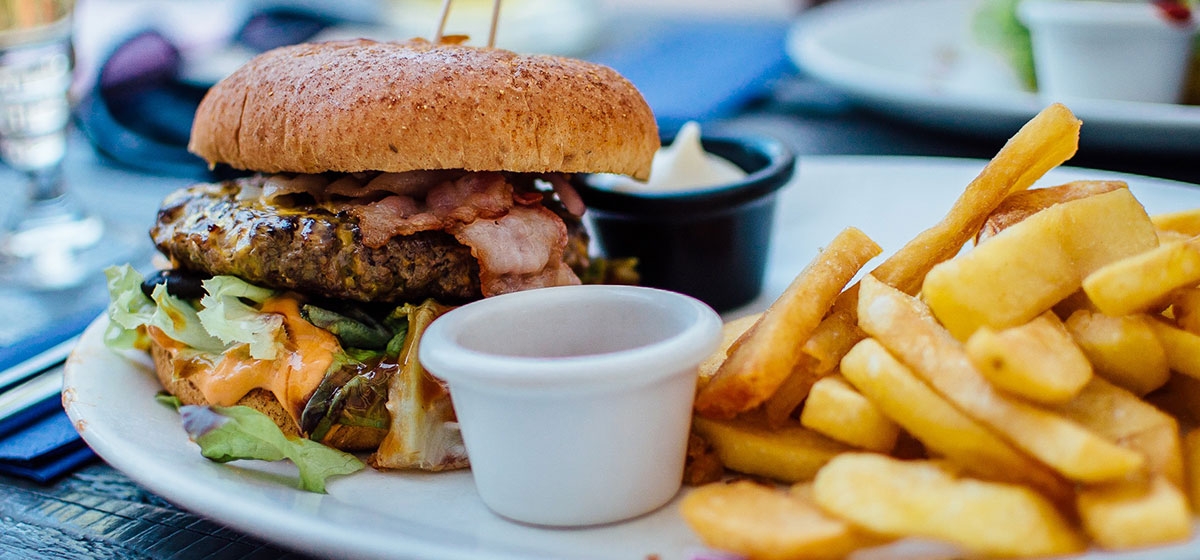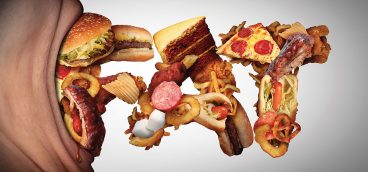Loose Change, Part IX

Headline of the future: “Oat Bran—the Silent Killer.” (Woody Allen or David Letterman, I forget which.)
We are courageously dealing with the controversial subject of climate change, but since my courage is running low, this will be our next-to-last foray into the subject.
My fundamental argument about the climate issue is that while the climate consensus is almost certainly right (or mainly right), the arrogance and insularity of the consensus is harming its own cause. By treating every scientific skeptic like a traitor, the consensus a) infuriates people (like me) who would otherwise be working on its behalf, b) undercuts confidence in the consensus, especially among the lay public, and c) more or less ensures that vigorous action to combat climate change won’t happen.
I pointed out in my last post that the history of science is essentially the history of scientific error, as leading scientists form a premature conclusion about an issue and then enforce it like a pack of Rottweilers. I could devote the next 100 blog posts to example after example of this phenomenon. Instead, however, let’s just focus on one example of a premature consensus that is unraveling before our eyes, namely, the “fat consensus.”
Shortly after World War II Americans, especially men, started dropping dead of heart trouble in the prime of their lives. The most famous American of them all, Dwight Eisenhower, suffered from heart trouble (and would die of it) and the most famous physician in America—Paul Dudley White, Ike’s doctor—put his famous patient on a diet so farcically restrictive that the President was constantly starving and always in an irritable mood. Is this any way to run a country?
Heart trouble is a vastly complex subject and obviously a hugely important one, and therefore any good scientific historian could have confidently predicted that medical science would soon form a premature consensus about the problem. And that’s exactly what happened.
A dubious character named Ancel Keys, a physiologist, carried out the then-famous, now infamous, “Seven Nations” study that showed an association between eating saturated fat (not, we notice, total fat) and getting heart disease. Although some scientists expressed misgivings about Keys’ study, America was so desperate for a solution to rising rates of heart trouble that a scientific consensus soon formed around the proposition that eating fat was the problem. Everyone signed on: research scientists, cardiologists, nutritionists, MDs the National Institutes of Health, the American Heart Association.
Keys was lionized by the media, and he got his picture on the cover of Time magazine. You couldn’t turn on CNN without some twit haranguing you about eating fat. We couldn’t pass our doctor on the street without the guy glowering at us and demanding to know if we’d eaten any fat that day.
Soon the U.S. government got into the act, publishing nutrition guidelines that warned Americans not to eat fat. The only thing we could switch to was carbohydrates, and we switched with a vengeance. We all gave up bacon and eggs and adopted a dismal breakfast of Special K with skim milk, orange juice and multigrain toast with margarine. American agribusiness joined the fray, producing “fat-free” or low fat versions of just about everything, creating a new, U.S. government-sanctioned, industry.
The fat consensus seemed bullet-proof, and anyone who dared challenge it was met with ridicule. Keys and his fellow fat consensus scientists weaseled their way onto the boards and advisory committees of every important institution associated with nutrition and heart disease, including the American Heart Association and the National Institutes of Health. This ensured that fat skeptics couldn’t get heart industry or government funding. Fat consensus advocates dominated the most important journals, ensuring that even if fat skeptics got their funding elsewhere (from universities or foundations), their papers wouldn’t appear in the best journals.
The fat consensus dominated science and nutrition in the Western world for half a century. After all, why shouldn’t Americans stop eating fat, since there was no downside? Asked about any risk associated with eliminating fat from our diets, Keys replied, “None can be identified.”
But almost immediately after the U.S. government published its first nutritional guidelines, telling Americans not to eat fat, America’s health went to hell. Between 1980, when the guidelines were published, and 2012, the incidence of diabetes in America grew 166%. Roughly 86 million Americans are now “pre-diabetic.” Heart disease remains America’s number one killer of both men and women. More than a third of Americans are now obese. Hundreds of thousands of Americans died early by following the fat consensus diet, and millions more have seen their lives stunted.
The fat consensus scientists noticed the deteriorating health results, of course, but instead of thinking, “Maybe we’re barking up the wrong cow,” they decided that Americans weren’t compliant enough, and so they doubled down on their advice and ratcheted up their attacks on the fat skeptics.
God knows where all this would have ended, but fortunately the fat skeptics persevered. In spite of ridicule, character assassination, broken careers and banishment to scientific gulag, the skeptics orchestrated a guerrilla insurgency against the consensus and, very gradually, that consensus began to unravel.
We’ll observe how the fat consensus skeptics won the war, and what that might mean for the climate consensus, in our final post on the subject of “Loose Change.”
Next up: Loose Change, Part X





